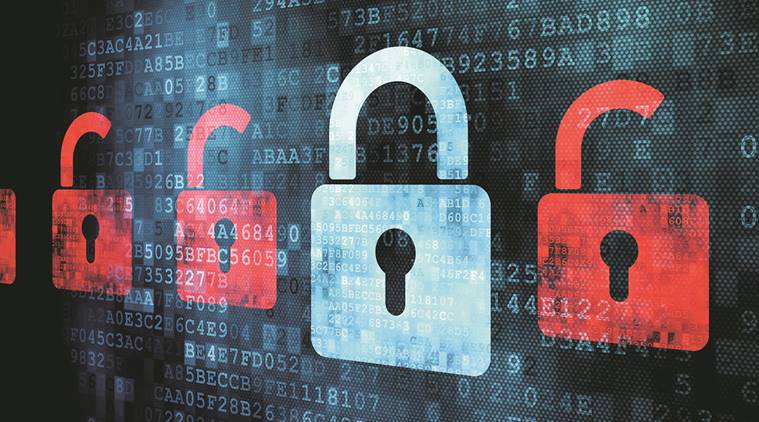Bangladesh enacts digital law amid widespread protests
The Digital Security Bill, 2018 was passed by the Parliament to deal with cybercrimes, including hurting the religious sentiment, negative propaganda against the 1971 Liberation War and illegal activities in e-transactions and spreading defamatory data.
Dhaka | Published: October 8, 2018 6:37:40 pm

Security concept: many red opened locks around one closed blue lock over digital background.
Bangladesh’s president on Monday signed a controversial digital security act into law amid widespread protests by journalists and rights groups that it could endanger freedom of speech.
The Digital Security Bill, 2018 was passed by the Parliament to deal with cybercrimes, including hurting the religious sentiment, negative propaganda against the 1971 Liberation War and Bangabandhu (Sheikh Mujibur Rahman), and illegal activities in e-transactions and spreading defamatory data, Bangla Tribune reported.
1m 21s

Would you have your ears cleaned by someone else?
They do in Bangladesh, but the once lucrative trade is dying out.
President Abdul Hamid has assented to the Digital Security Bill 2018, by enacting it as a law, the report said. The law has faced vocal opposition from journalists and rights campaigners who say it could curb freedom of speech – especially on social media –and would undermine responsible journalism.
The new law provides for a minimum of seven years and a maximum of 14 years’ imprisonment, as well as monetary fines of a minimum of Taka 25 lakh and a maximum of Taka 1 crore, or both, for illegal access and destruction of any important information related to state affairs, the report said.
The Editors’ Council has been opposing the Digital Security Act. In a recent statement, the council said the Act will “create an atmosphere of fear and intimidation, which will make journalism, and especially investigative journalism, virtually impossible”.
But Prime Minister Sheikh Hasina has defended it, saying that journalists should not be apprehensive if they do not run false or fabricated news, or mislead the people.














































No hay comentarios:
Publicar un comentario